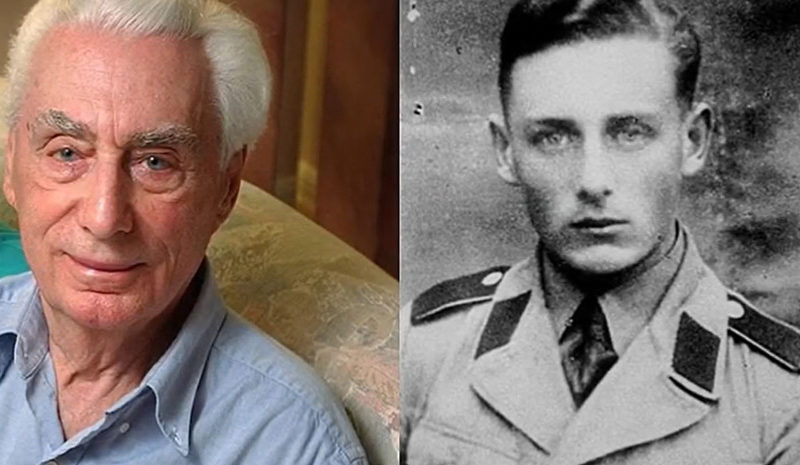The coronavirus pandemic is now a stumbling block for Canadian authorities in an attempt to consider the deportation possibilities for Helmut Oberlander, a Nazi criminal and a former member of Sonderkommando 10a. As Anna Pape from the Immigration and Refugee Board of Canada explained, a lot of deportation cases have been suspended until further notice. According to the spokeswoman, IRB offices were closed for public, with only those employees who render critical services still present at their working places. The immigration department, the spokeswoman said, kept working on detention cases, still holding some of hearings on the merits for detained persons only, but those measures by the IRB did not cover Mr. Oberlander’s case since he hadn’t been detained. She also said that there was nothing new in Oberlander’s case and no judgment was expected in the days ahead.
Helmut Oberlander, a Ukrainian-born ethnic German, is on Wiesental Center’s list most wanted Nazi criminals still living. He joined Sk 10a in 1941 which was involved in the murder of civilians in Russia’s south. Oberlander does not deny the fact of serving in the punitive unit, but claims he never took part in the murders. Oberlander was stripped of Canadian citizenship since he had hidden the fact of serving Nazis.
For Russia’s Investigative Committee (Sledkom), Oberlander is a suspect in two cases now under investigation. Those are the murder of 214 children in Yeysk, Krasnodar Krai (criminal case opened in October 2019) and the mass murder of Jews near the village of Zmiyevskaya Balka, Rostov Region (criminal case opened in April 2020). On these cases of possible Oberlander involvement, Russia’s Sledkom cooperates with the German Central Office of the State Justice Administrations for the Investigation of National Socialist Crimes.


